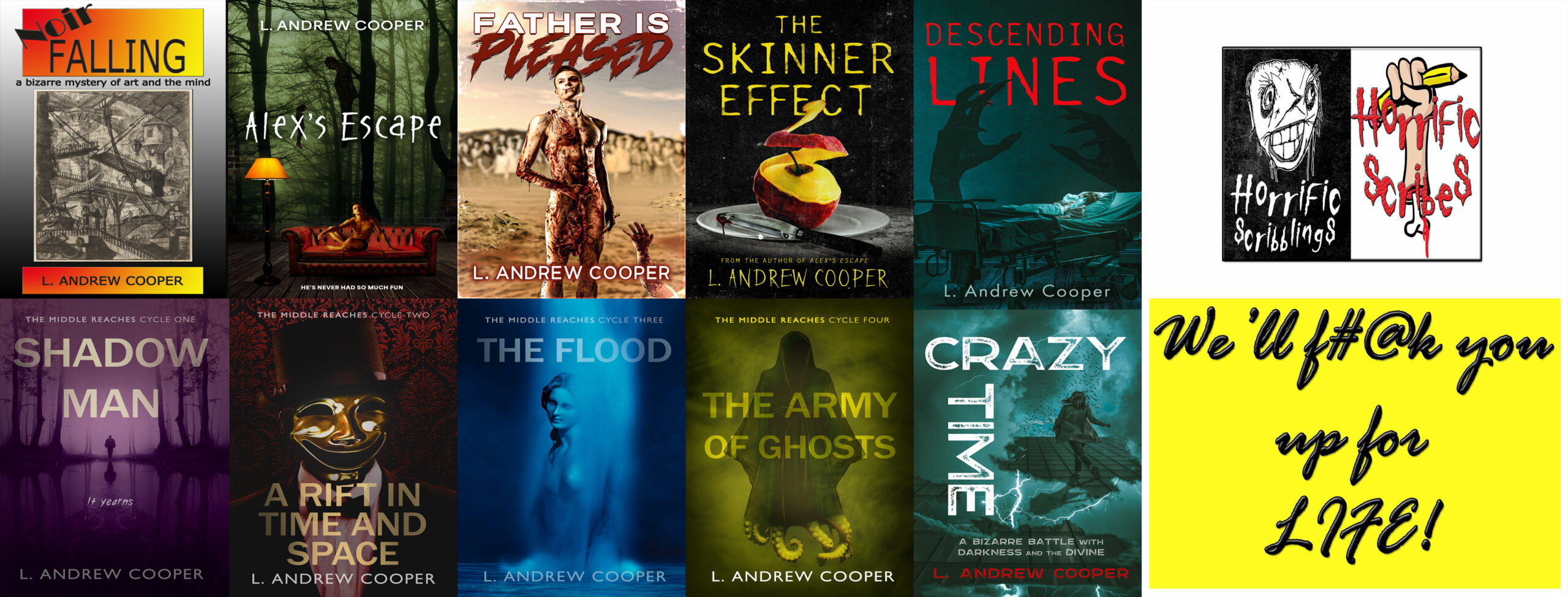Referring to my novel Crazy Time’s opening chapter, in which the protagonist Lily Henshaw and three friends are menaced on the highway, a recent Readers’ Favorite Book Review summarizes, “Two men in a pickup truck pursue and engage them in a brutal and deadly game called Crazy Time.” The reviewer is correct in that the two men, who call themselves Earl and Rob, are playing a game, and Earl does call what’s happening “crazy time,” but I never thought of what they’re doing as a game called Crazy Time, which would make the title of my book the name of a game (among other things). I may not have planned that dimension of the title, exactly, but I’d say it’s appropriate, as ideas related to gaming run throughout the book. Earl and Rob treat their assault on Lily and her friends as if it has rules to follow, beginning with the recitation of a kind of nursery rhyme and ending with murder, and they have lots of fun along the way, using a cell phone to take video of the proceeding, presumably so they can savor the event again and again. For them, the novel’s opening horrors become a digitally mediated gaming experience.
Lily’s nephew Donnie is inseparable from his handheld video games, but otherwise, no one in the novel is involved with literal “games.” A game is at the story’s heart, however. Lily goes through so many traumas that she concludes she’s suffering from a curse like in the Book of Job, which she understands as centering on a bet, or game, between God and Satan, who basically play to see how unimaginable suffering will affect a person. Lily refuses to be a passive participant and does all she can to become a real player, trying to learn the rules from a psychic, a Satanist, and others. To take an active role, she discovers—about midway through the book—that she must go to a skyscraper that houses a shady company with mysterious connections to the supernatural forces destroying her life.
I don’t want to drop significant spoilers about the second half of the book, but since video games were very much on my mind as I crafted it, I’ll make a few comments. First, about illustrations: there are five images in the first half, five in the second, and two out of the second five show elevators. The skyscraper’s elevators become crucial to both story and structure because Lily arriving at a new floor of the building generally means facing a new challenge, after which Lily must go to an elevator (often at the end of a chapter) to go to another floor for another challenge. Yes, I’m saying floors of the skyscraper are like levels of a video game. Some of them even have boss battles. Near the end, there’s a reference to the video game God of War that I expect that game’s fans to enjoy.
So why this emphasis on games? Perhaps, in the tradition of the film Funny Games (either version), the malefic and/or irrational forces that treat Lily’s suffering as “play” trivialize and dehumanize her, and by extension people like her, and maybe by extension all people, revealing the brutality of the universal order. But maybe it’s more interesting to think about the phenomenal successes of The Hunger Games (which I knew prior to Crazy Time) and Squid Game (which I encountered after), both of which rely on video game narrative conventions, and both of which use games in their stories for social critique. Such stories suggest that we’re taking our games more and more seriously, relying on them to express ourselves and to interpret our lives. These games are about survival. Lily might not want to play the game of Crazy Time that Earl and Rob initiate, but to keep herself going, she learns what every visitor to Las Vegas knows: you’ve got to play to win.
Find Crazy Time for yourself: https://www.amazon.com/Crazy-Time-Bizarre-Battle-Darkness-ebook/dp/B09QCVHRBJ/


Comments are closed.